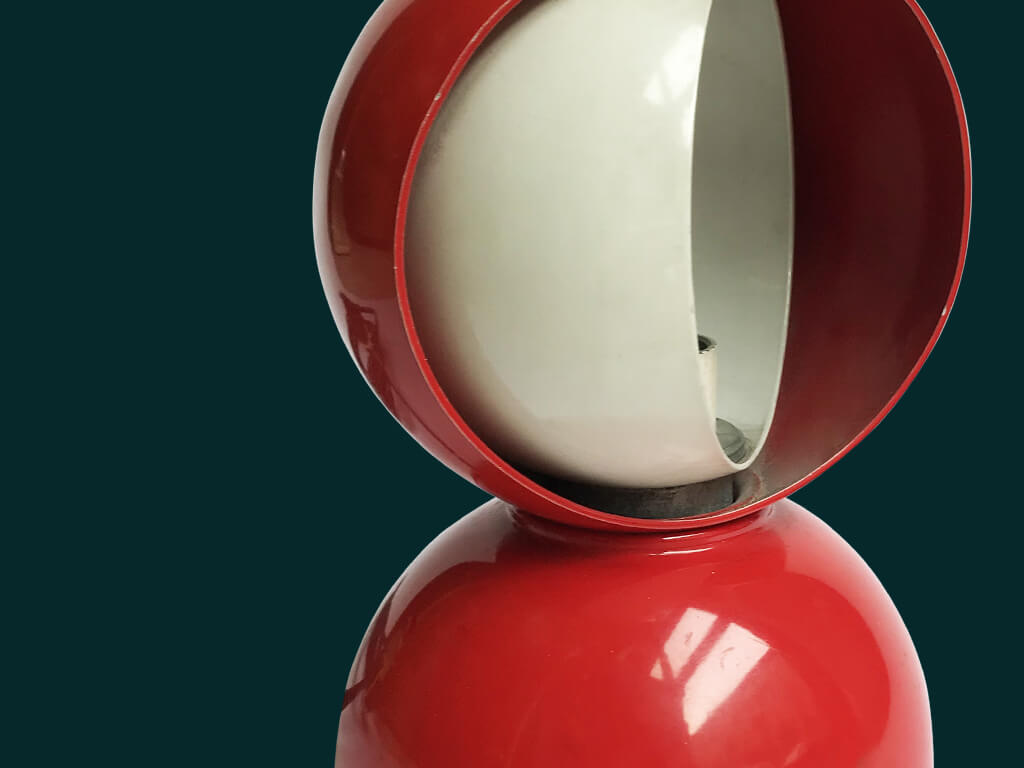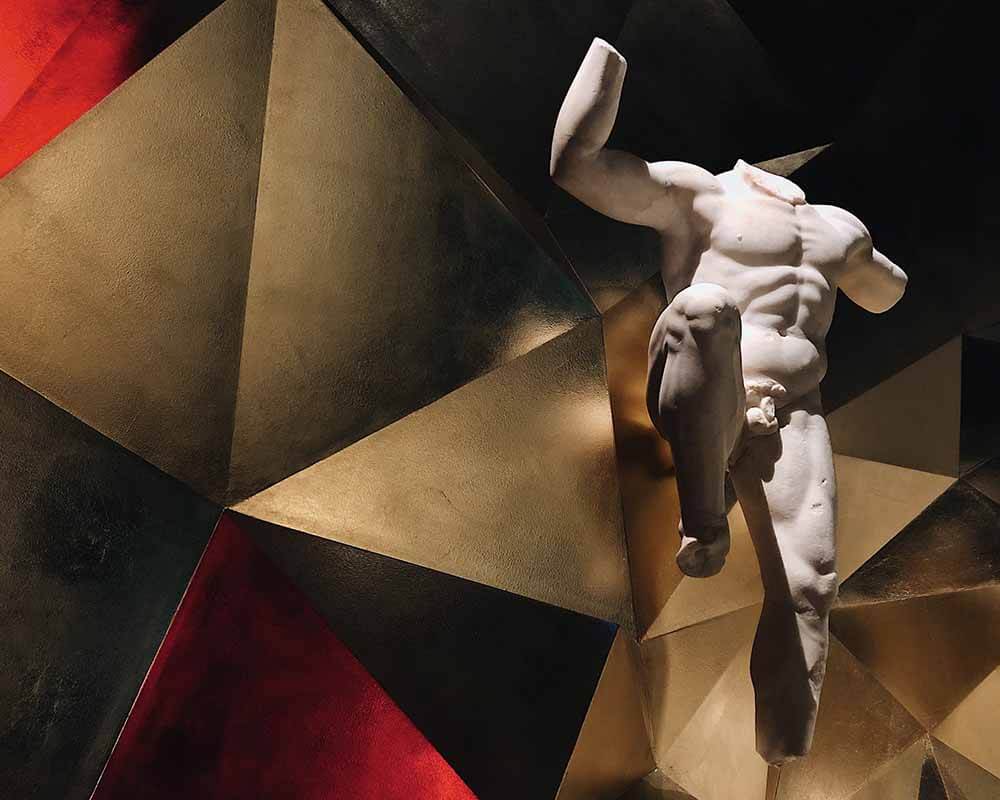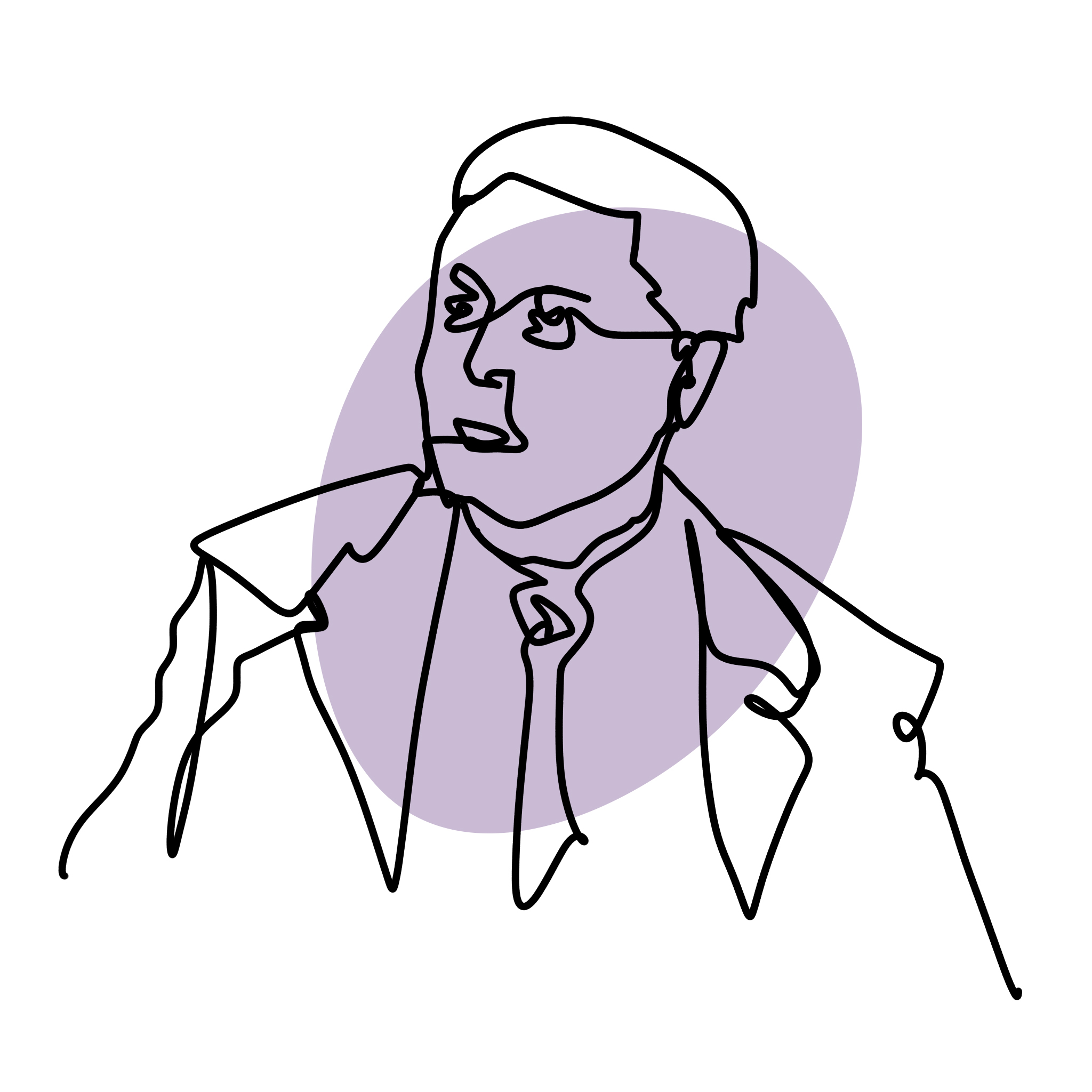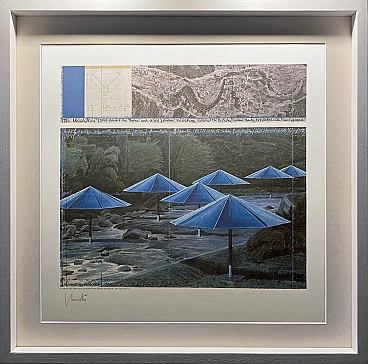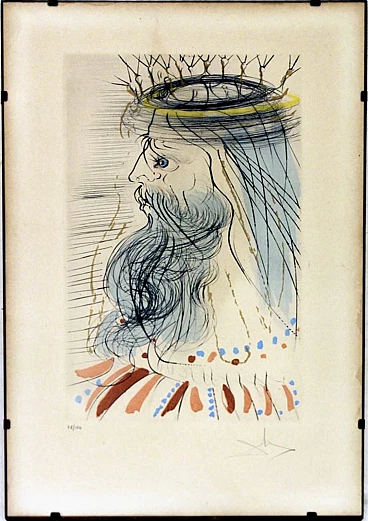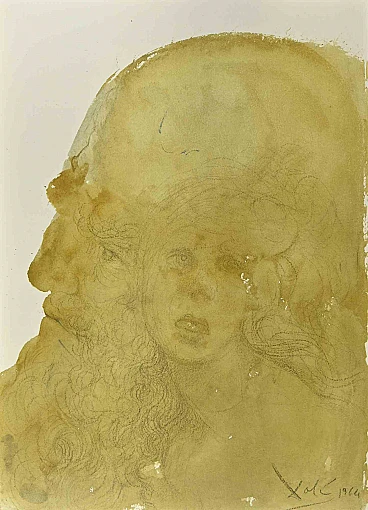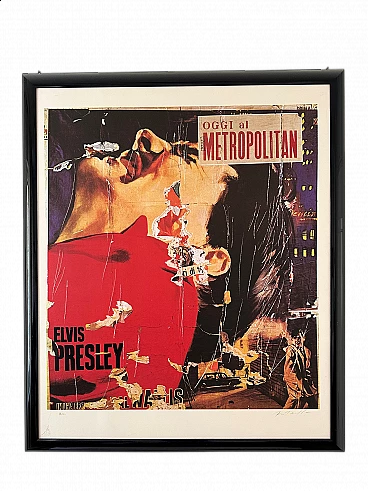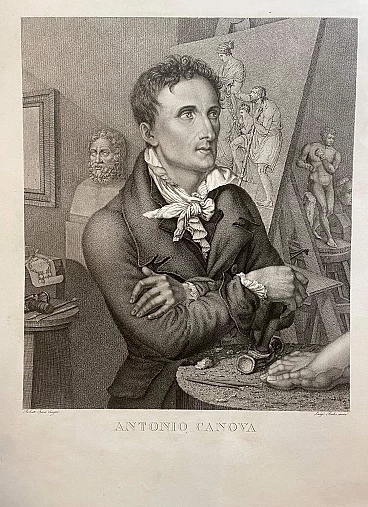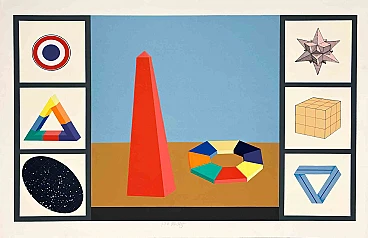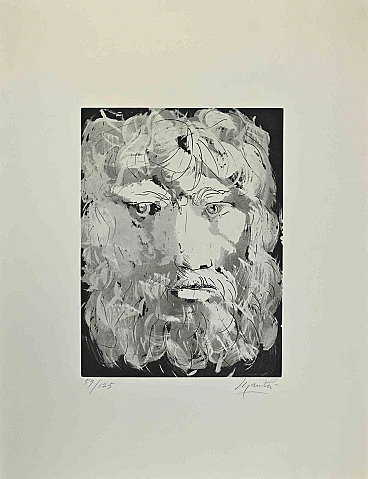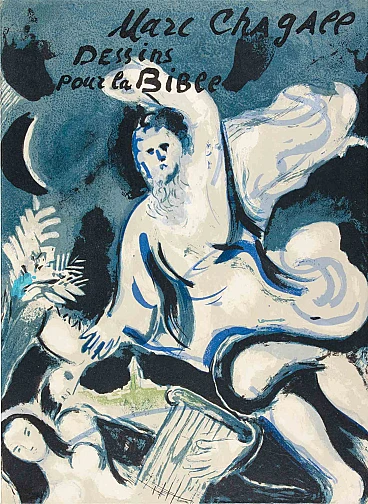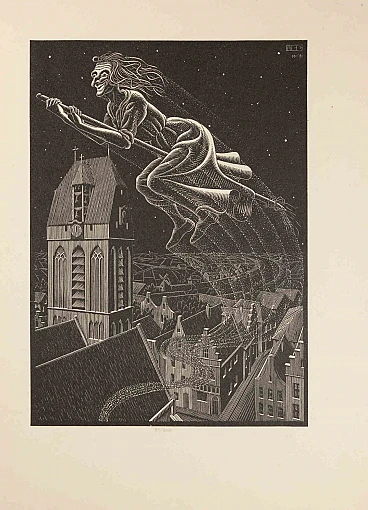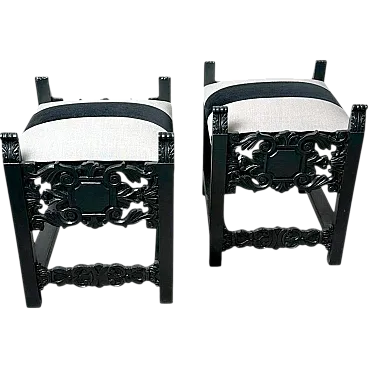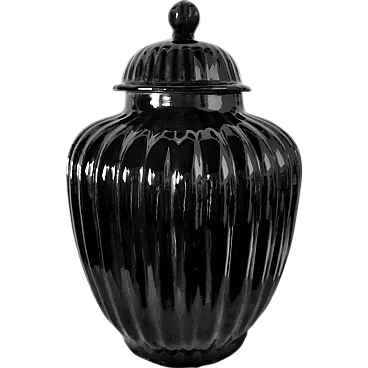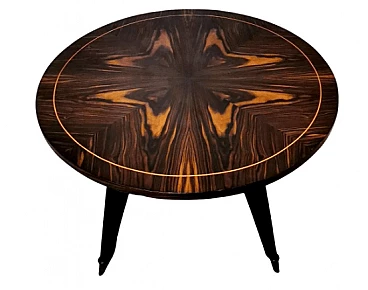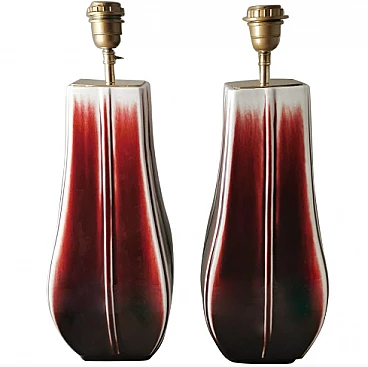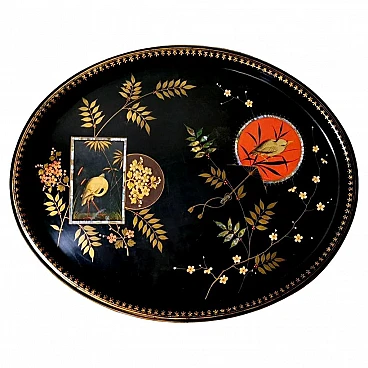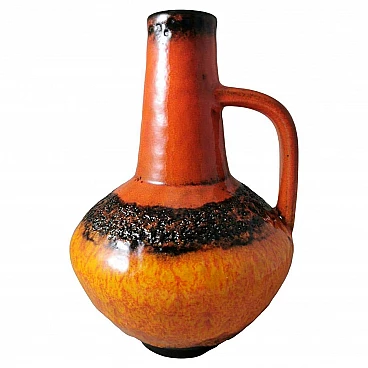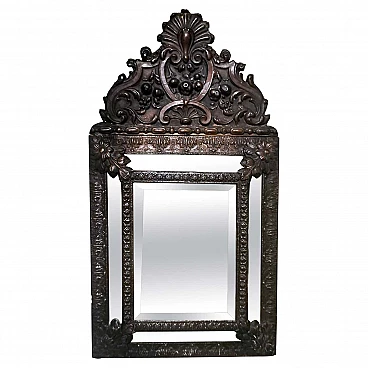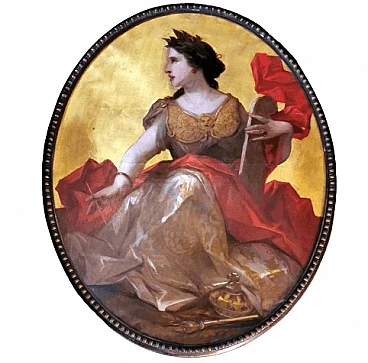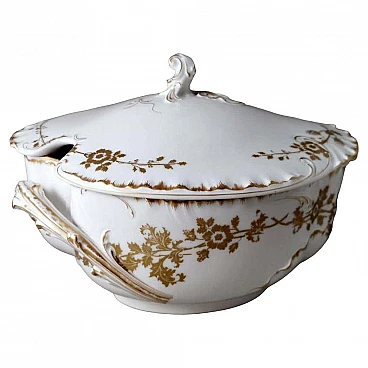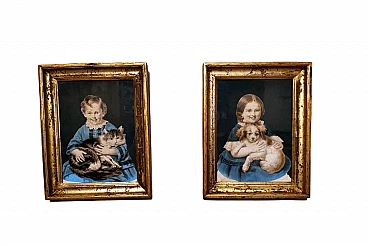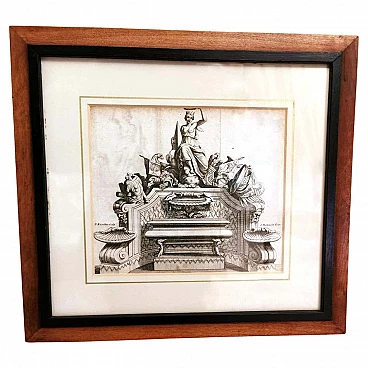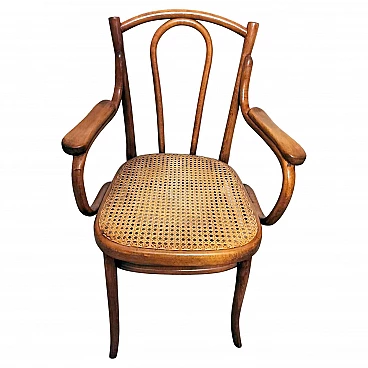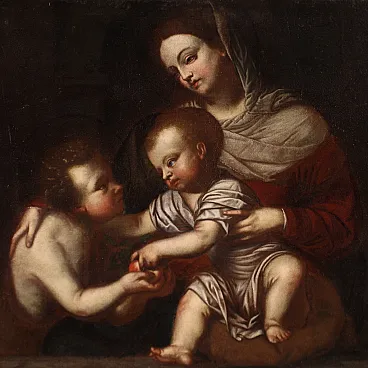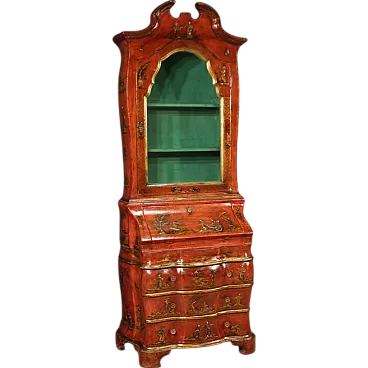The frame enclosing the print is very special and unusual; it was recently made by an old master cabinet-maker who has his workshop in the 'coolest' district of Florence. The master has inserted four polished mirrors on the sides of the flat part of the frame, tilting them outwards, while he has painted the outer part and the inner edge in gold to create a very luminous, elegant and sophisticated optical effect. The print is enclosed in the frame by a thin cream-coloured passe partout with gold borders. The print, which is paper and not a book page, dates from the mid-17th century and was made in Holland. It depicts the coat of arms of the Pico Dukes of Mirandola. The Duchy of Mirandola was a small Italian state located in the region of Emilia-Romagna. The capital of the duchy was the city of Mirandola. The Pico family held the title of Dukes of Mirandola and played a leading role in the political and cultural life of the region. One of the most important figures in the history of the Duchy of Mirandola was Gianfrancesco I Pico della Mirandola. In 1617, he became the first Duke of Mirandola. The Pico family continued to rule the Duchy for several generations. At the beginning of the 18th century, during the War of the Spanish Succession, the Duchy became a battlefield and was occupied by various forces. In 1710, the Duchy of Mirandola was annexed to the Duchy of Modena, ending its independent existence. The history of the Dukes of Mirandola is an interesting chapter in the broader context of Italian and European history, reflecting the political dynamics and changes that characterised the region during the Renaissance and early modern period. Mirandola is also famous because Giovanni Pico (1463-1494), one of Italy's greatest humanists and philosophers, was born there. During the 17th century, the Dutch were renowned for their innovative and meticulous printing techniques. One of the most popular techniques used during this period was the art of engraving. Engraving is a printing technique in which the artist uses a sharp instrument called a burin to engrave lines directly onto a metal plate, usually copper, but sometimes zinc or steel. The artist uses the burin to create clean, precise lines; by varying the pressure and angle of the tool, a variety of textures and shading effects can be achieved. The engraved lines then contained the ink and the plate was used to transfer the image onto paper through the printing process, often using a press. Dutch artists such as Rembrandt van Rijn and Albrecht Dürer were famous for their mastery of this technique. The Dutch Golden Age of the 17th century witnessed a significant flowering of this art form and Dutch prints from this era are famous for their intricate details, rich textures and skilful use of light and shadow. These prints played a crucial role in the spread of art and ideas throughout Europe, contributing to the wider cultural and artistic exchange of the time. The frame with the print is a unique piece that has considerable historical value and at the same time an inimitable and sought-after piece of furniture. The frame and print are in good condition. Dimensions: width 27 cm, height 33 cm, depth 3 cm, print 9 x 15 cm. For all our shipments we use special packaging materials (custom-made wooden crates, polystyrene, etc.) to ensure maximum protection and safety of the objects.
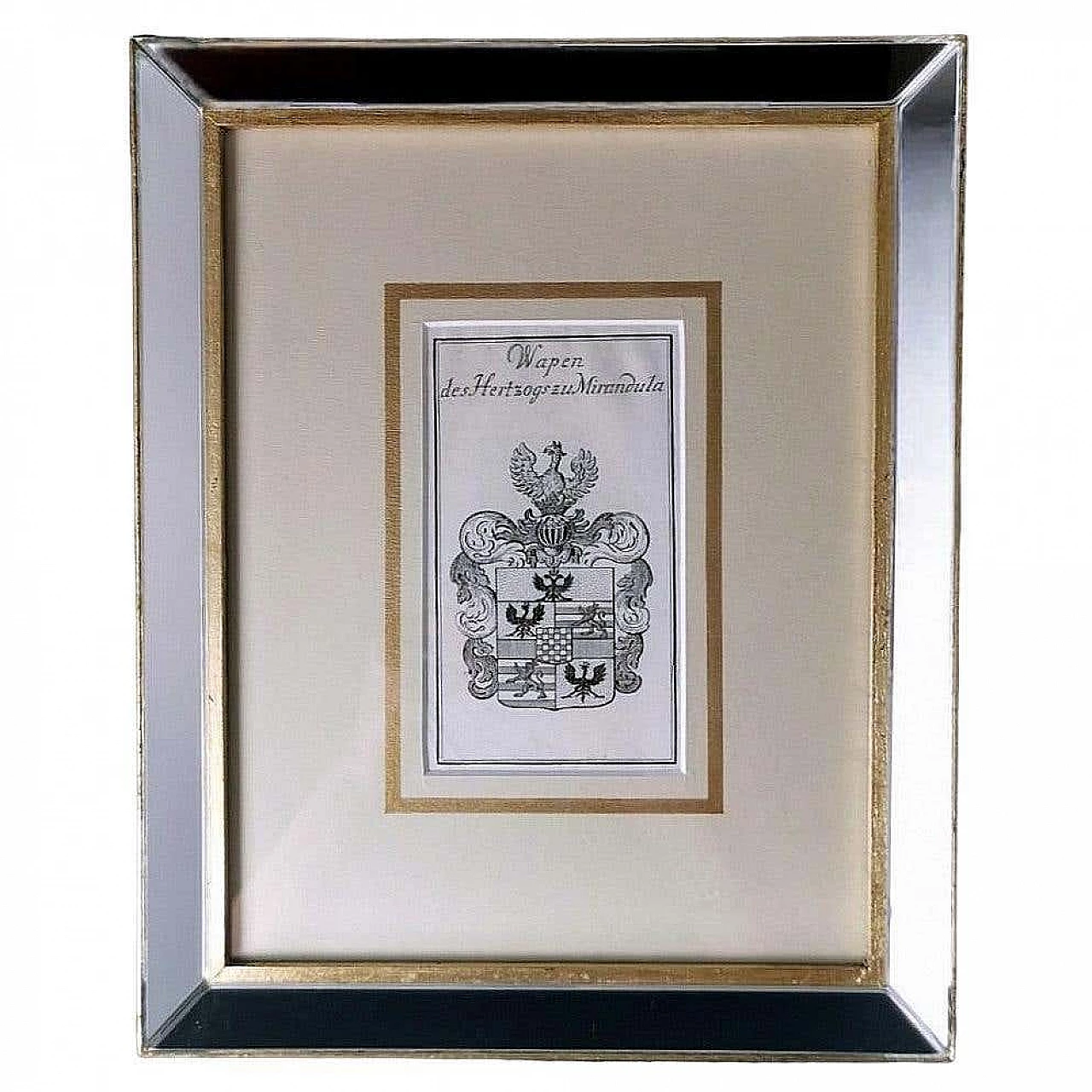
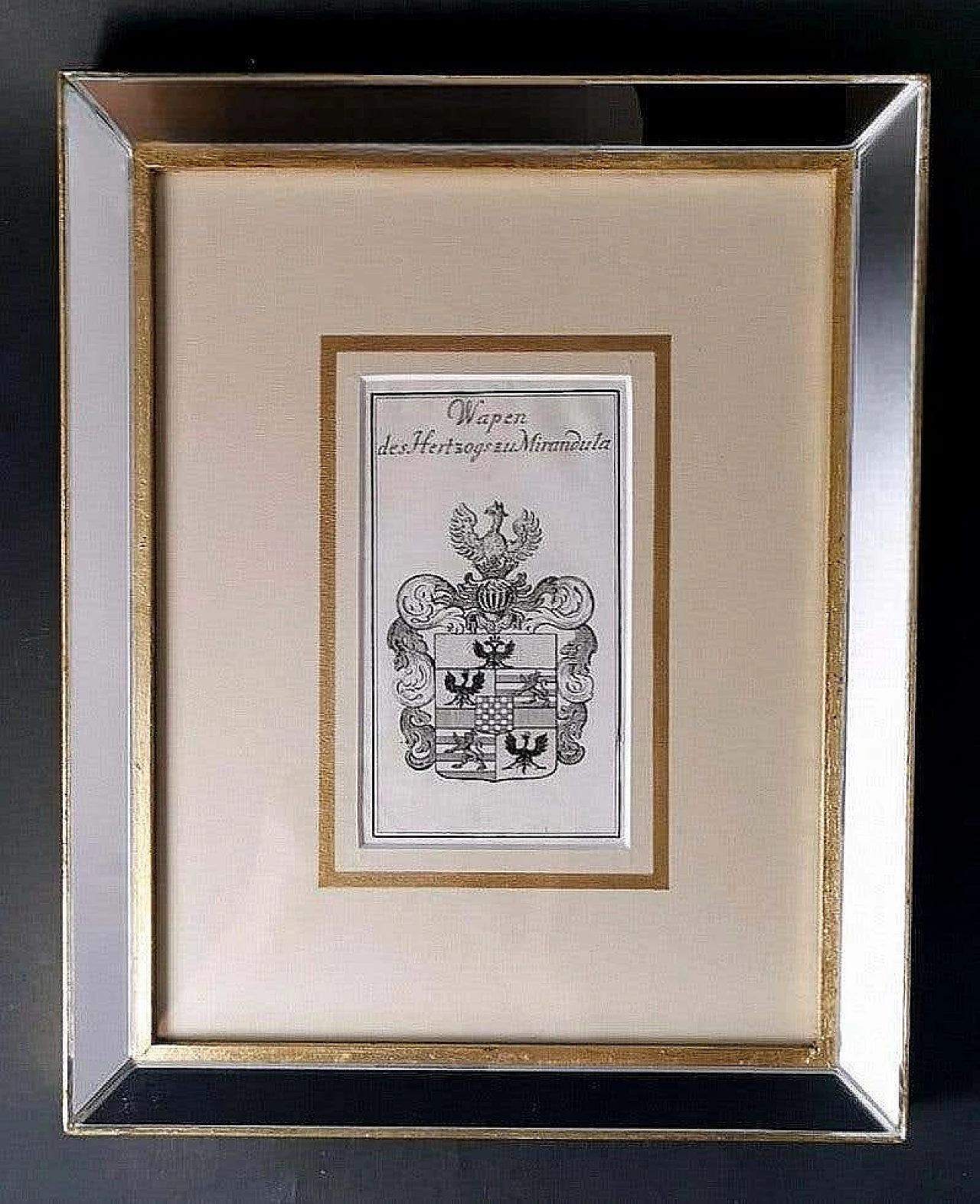
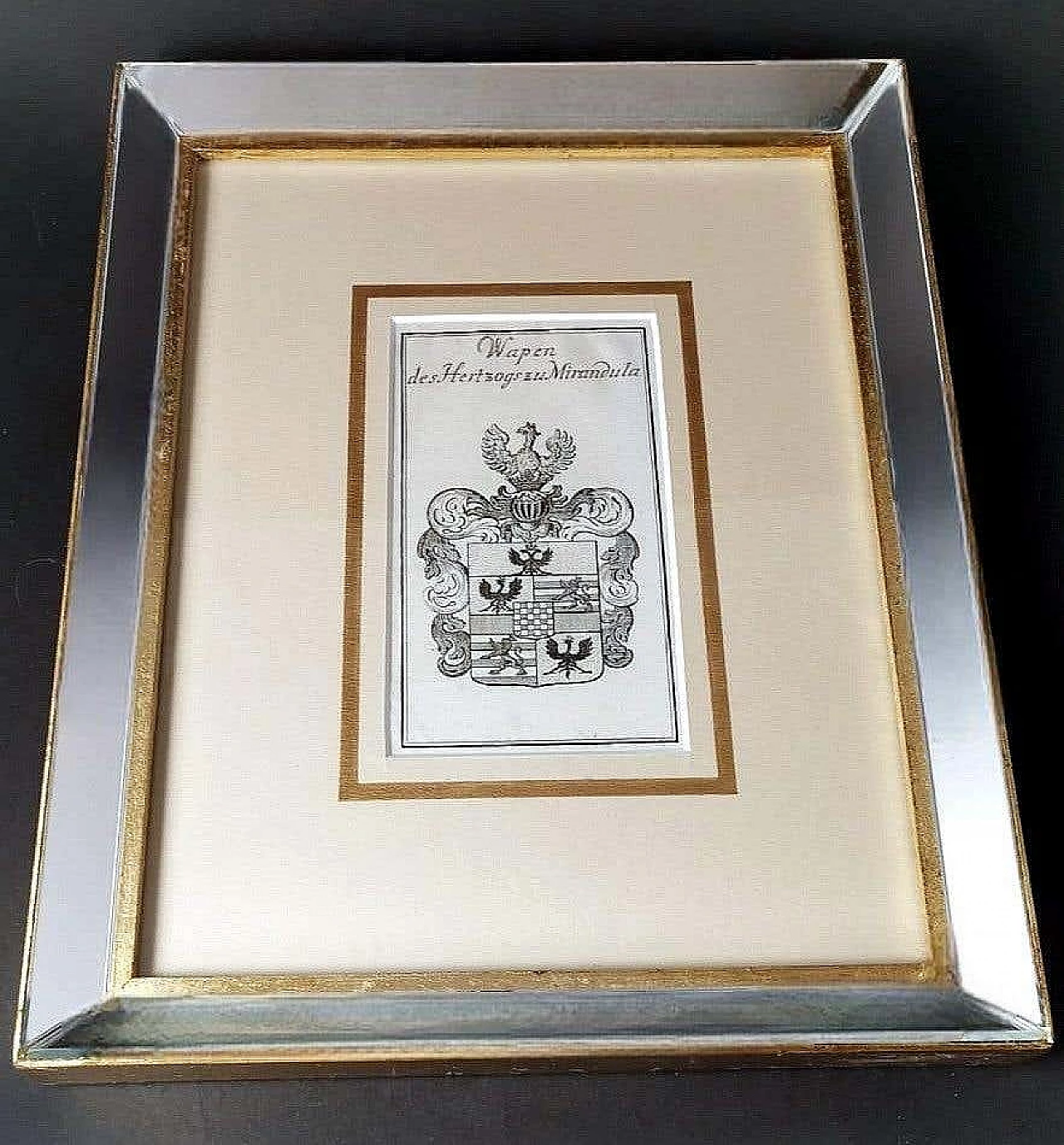
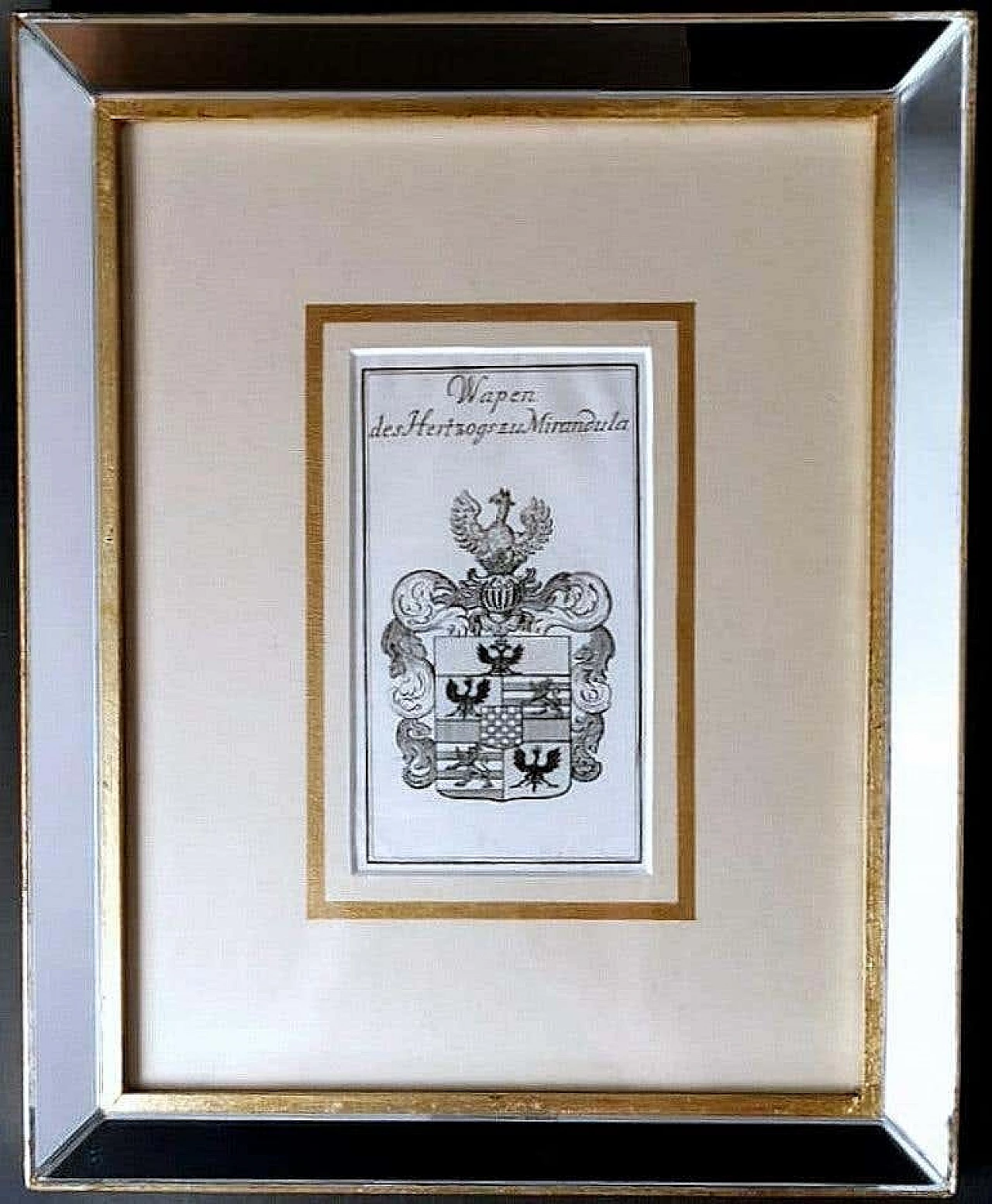
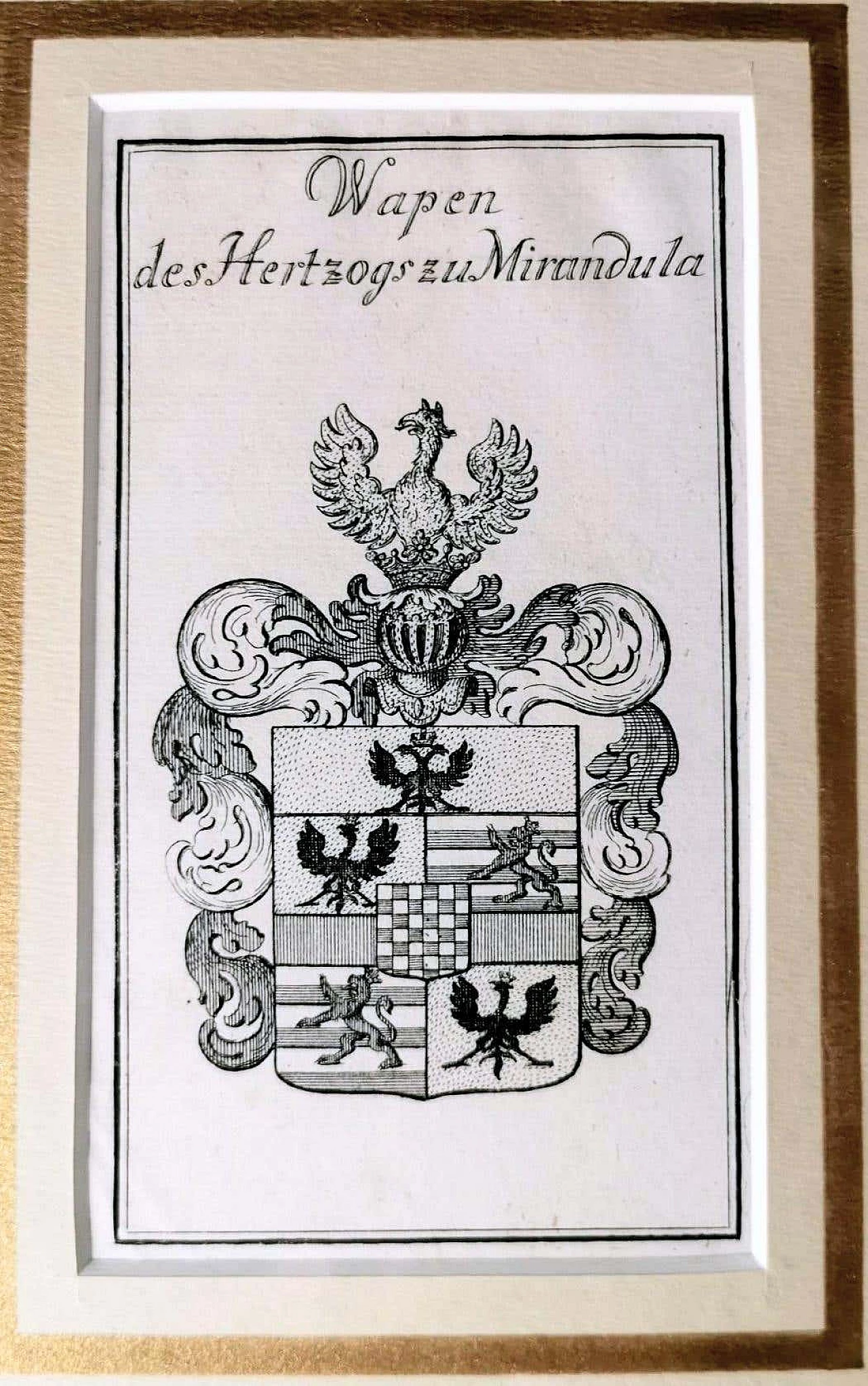
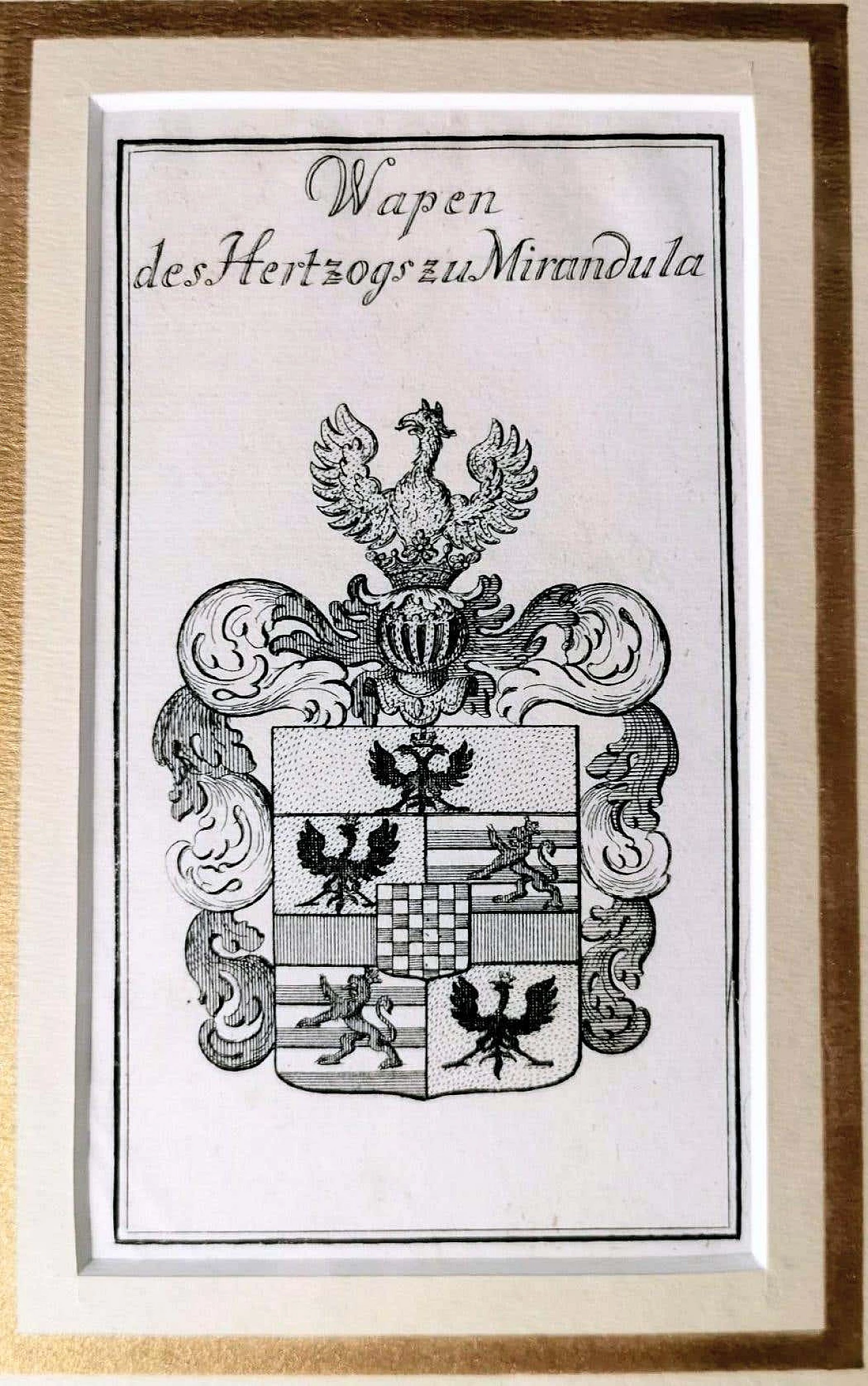
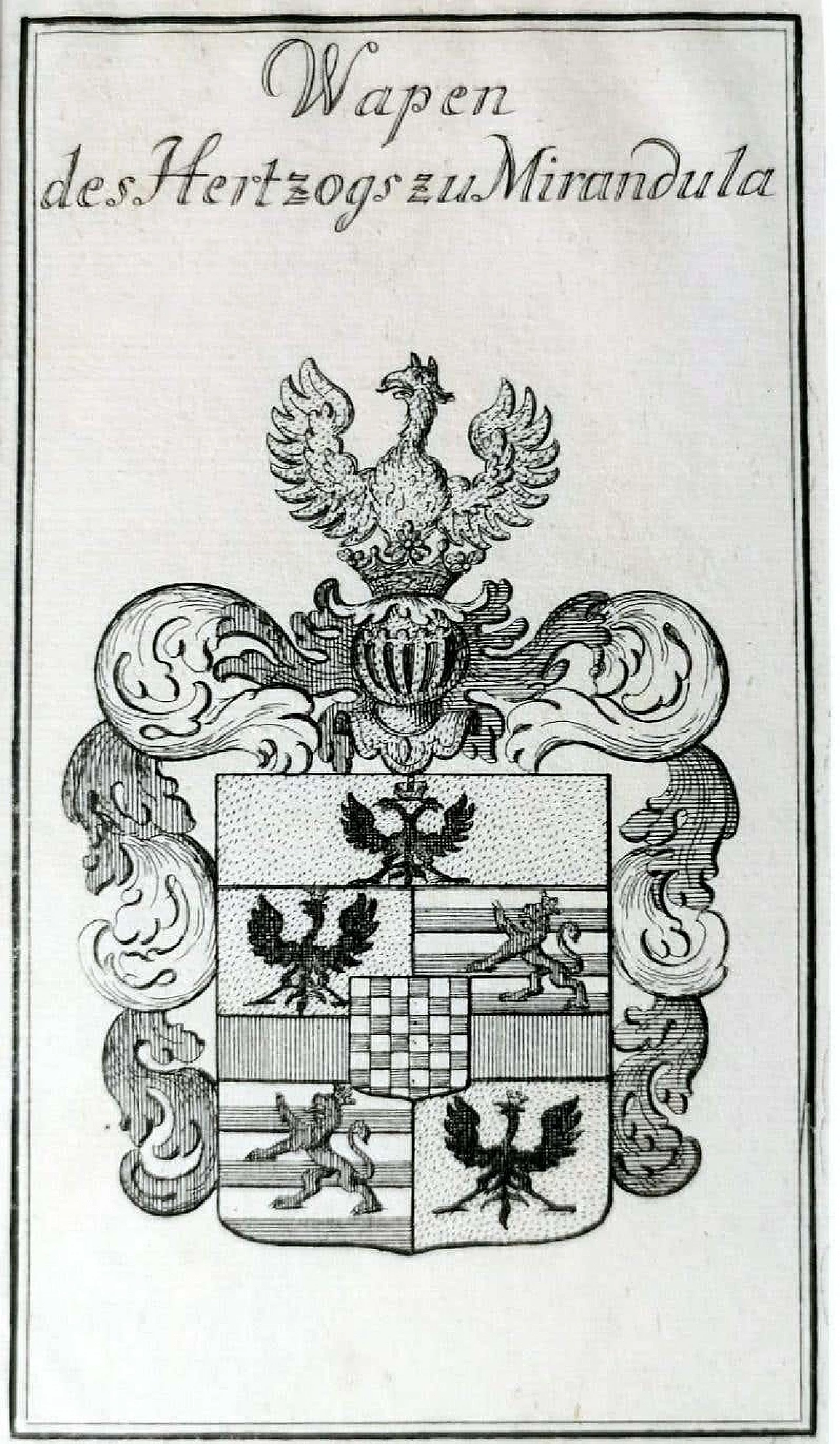
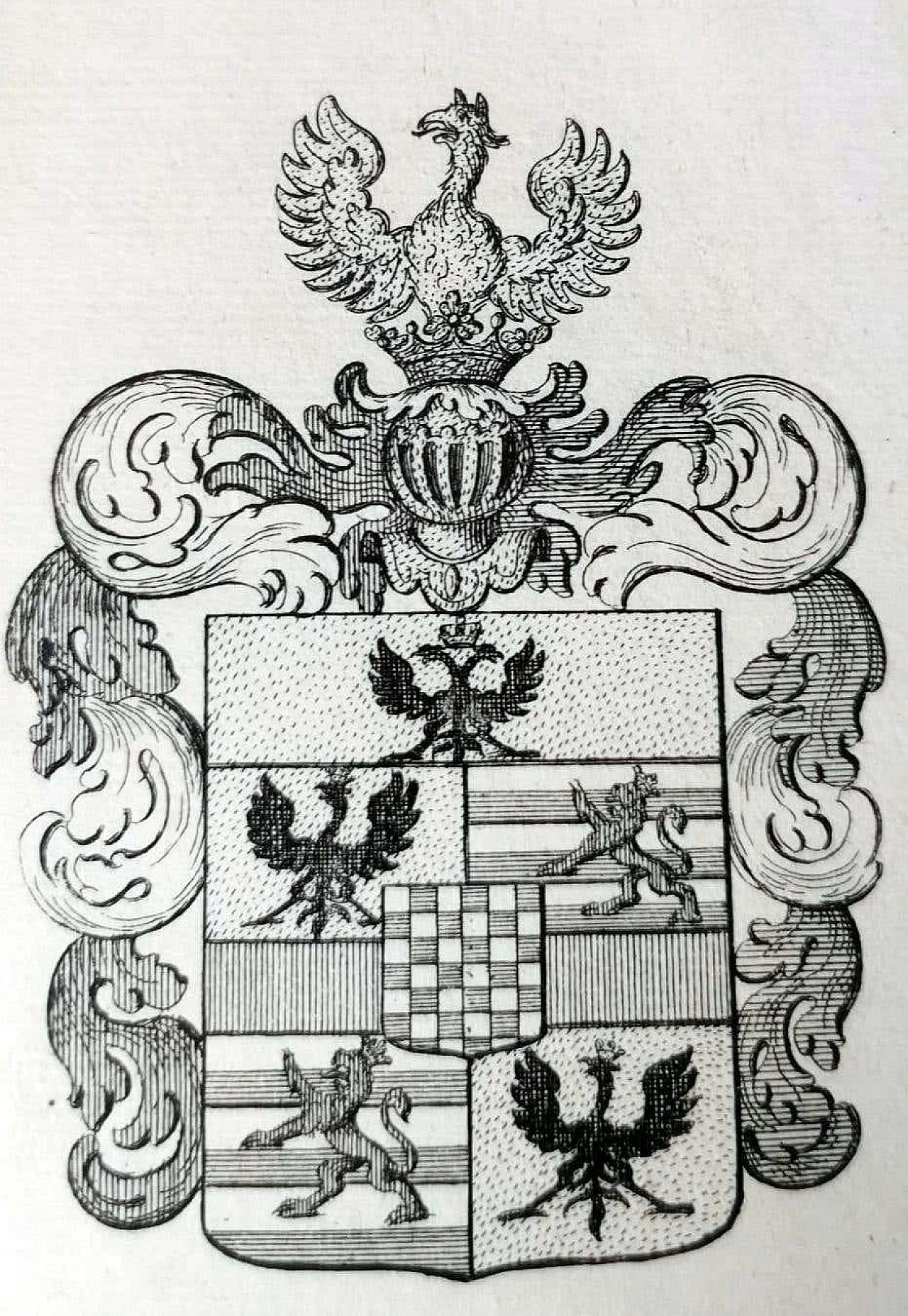
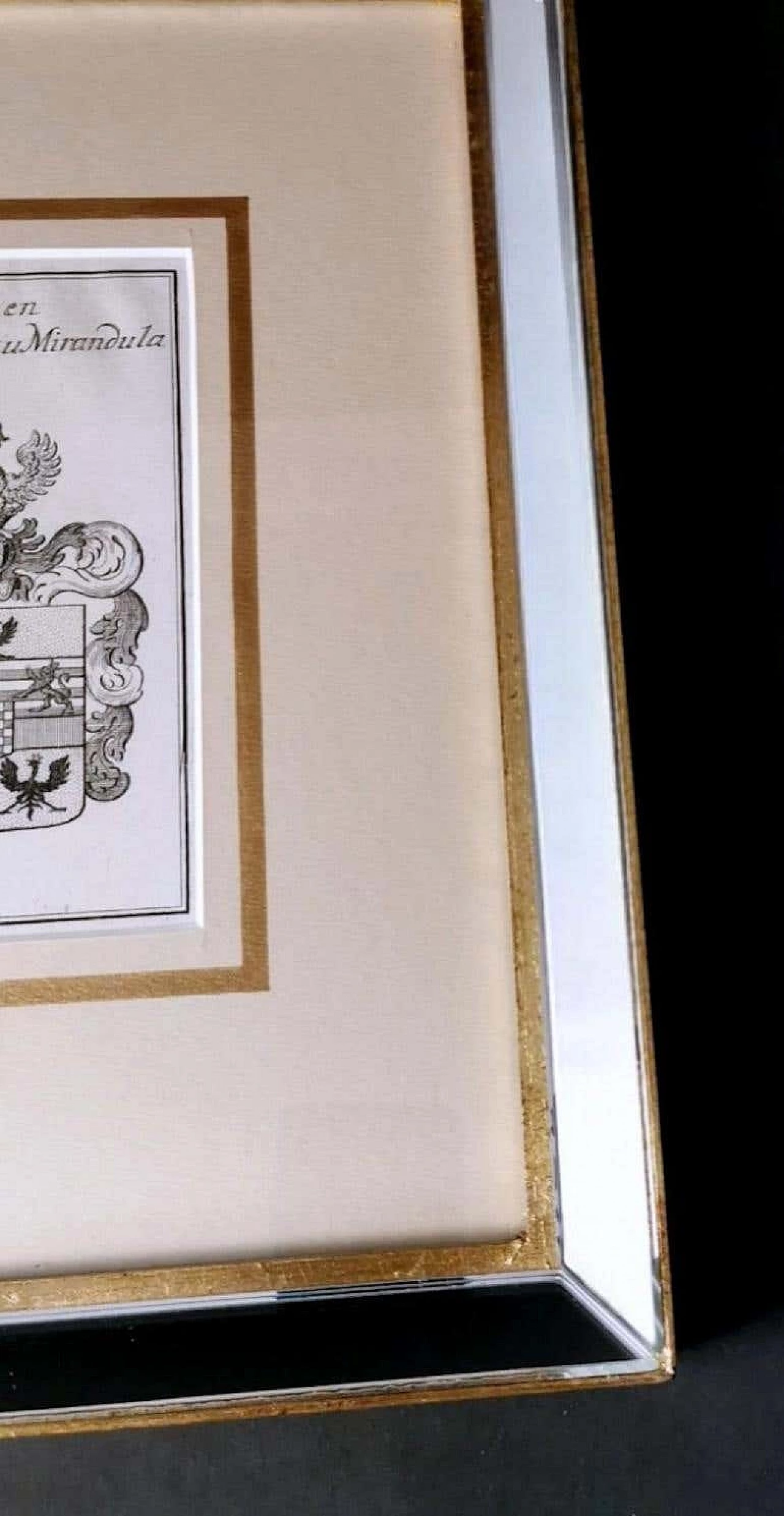
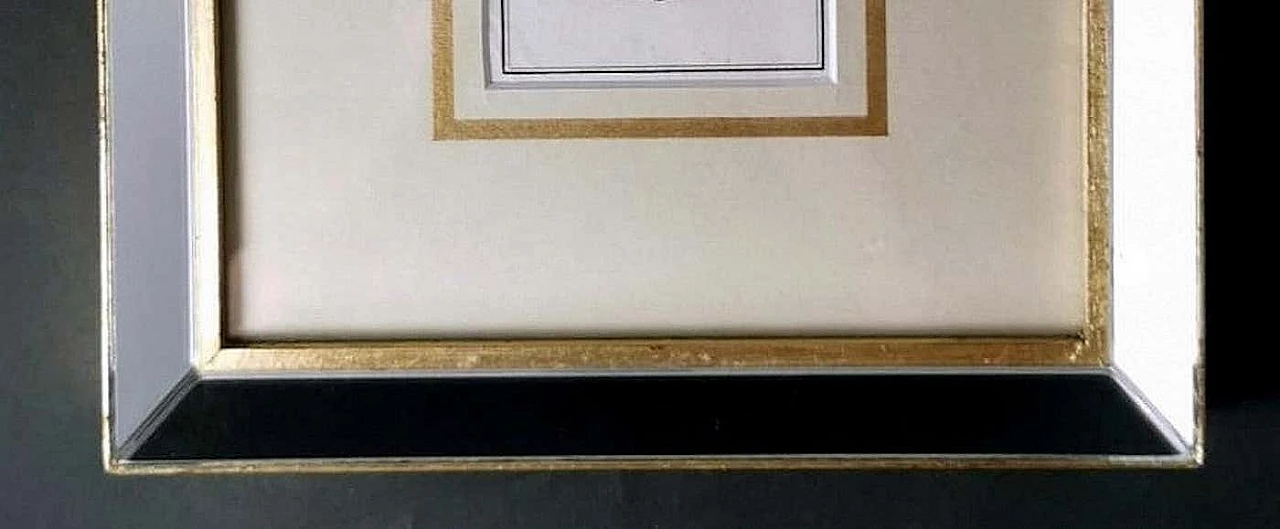
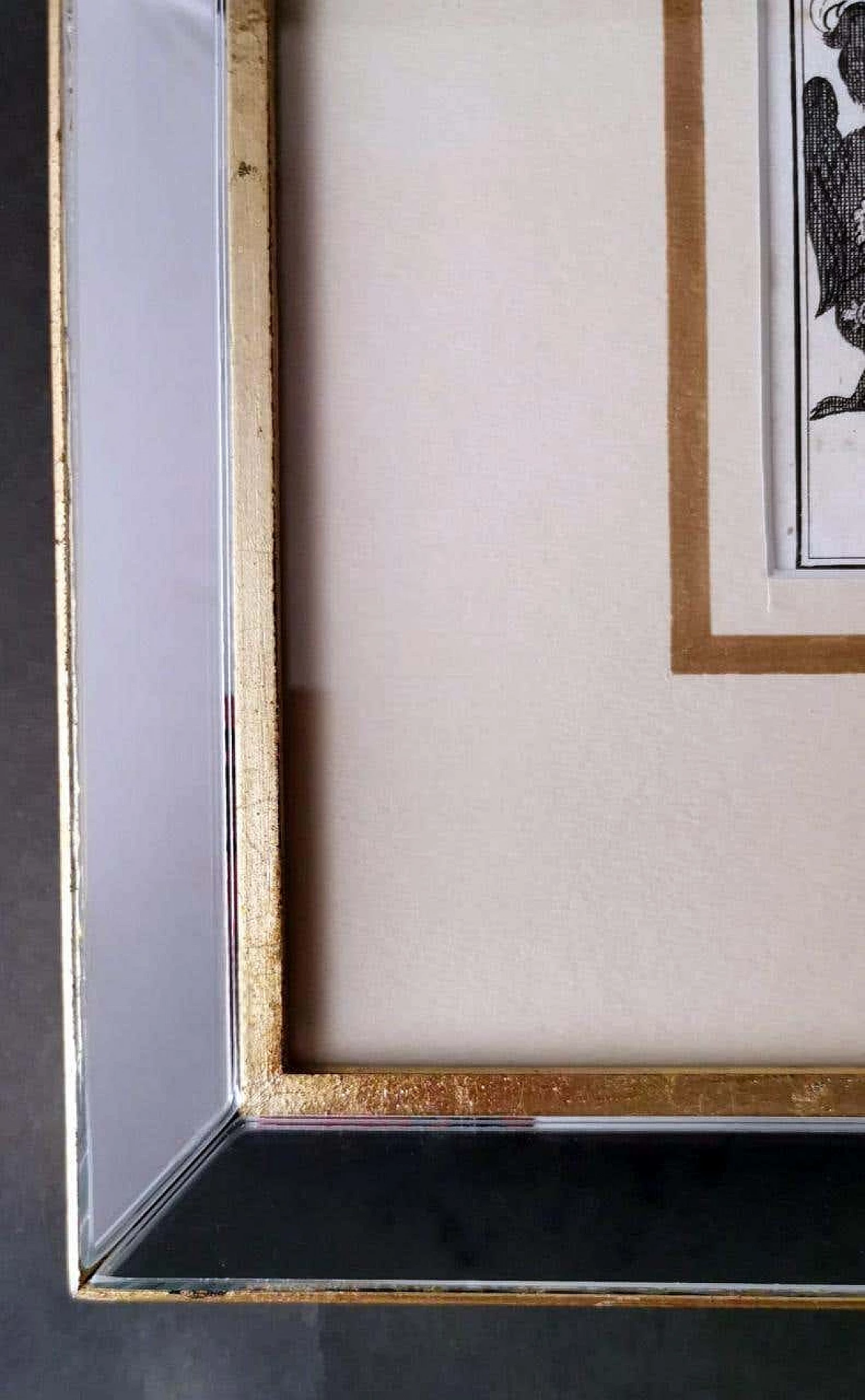
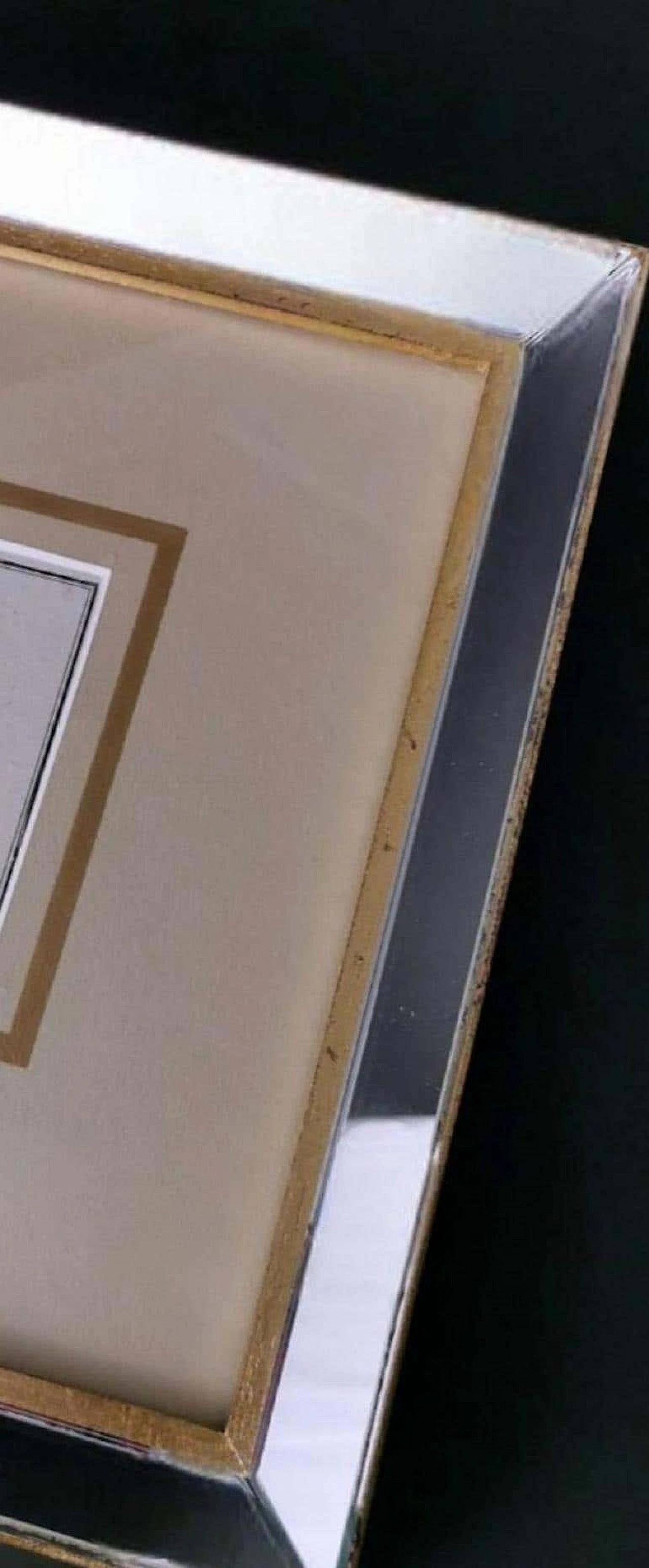
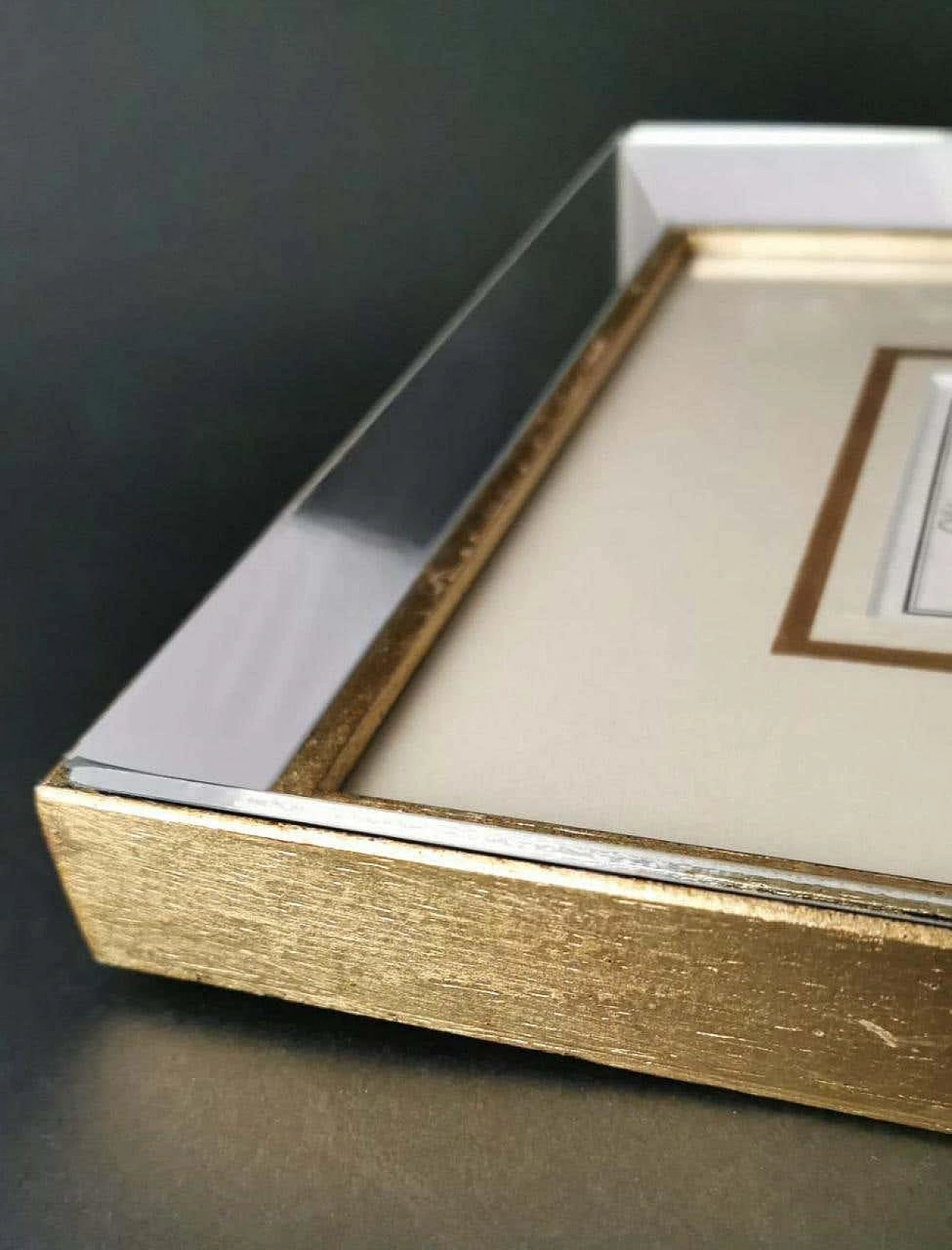
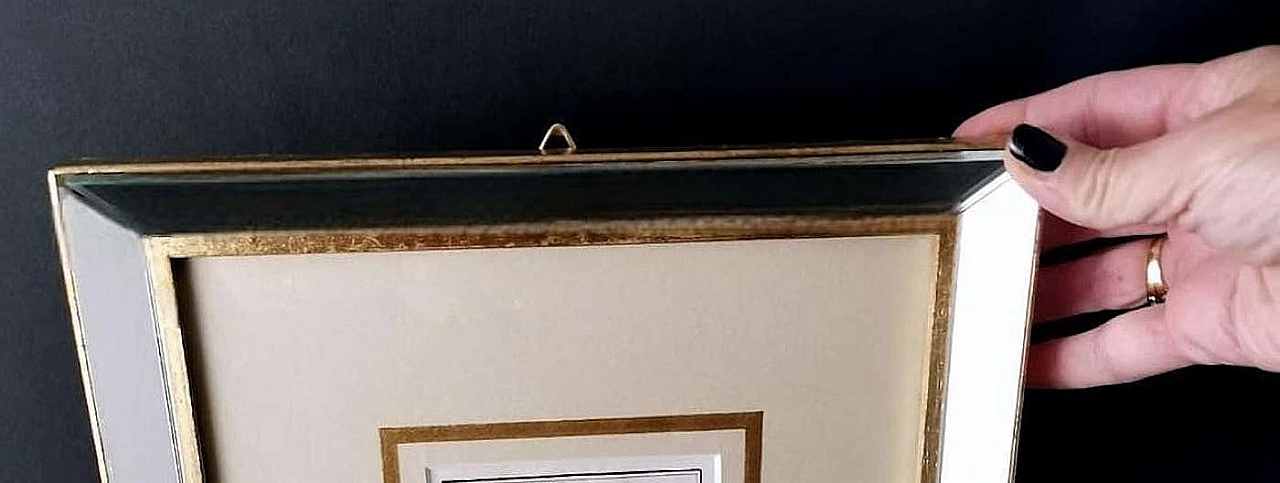
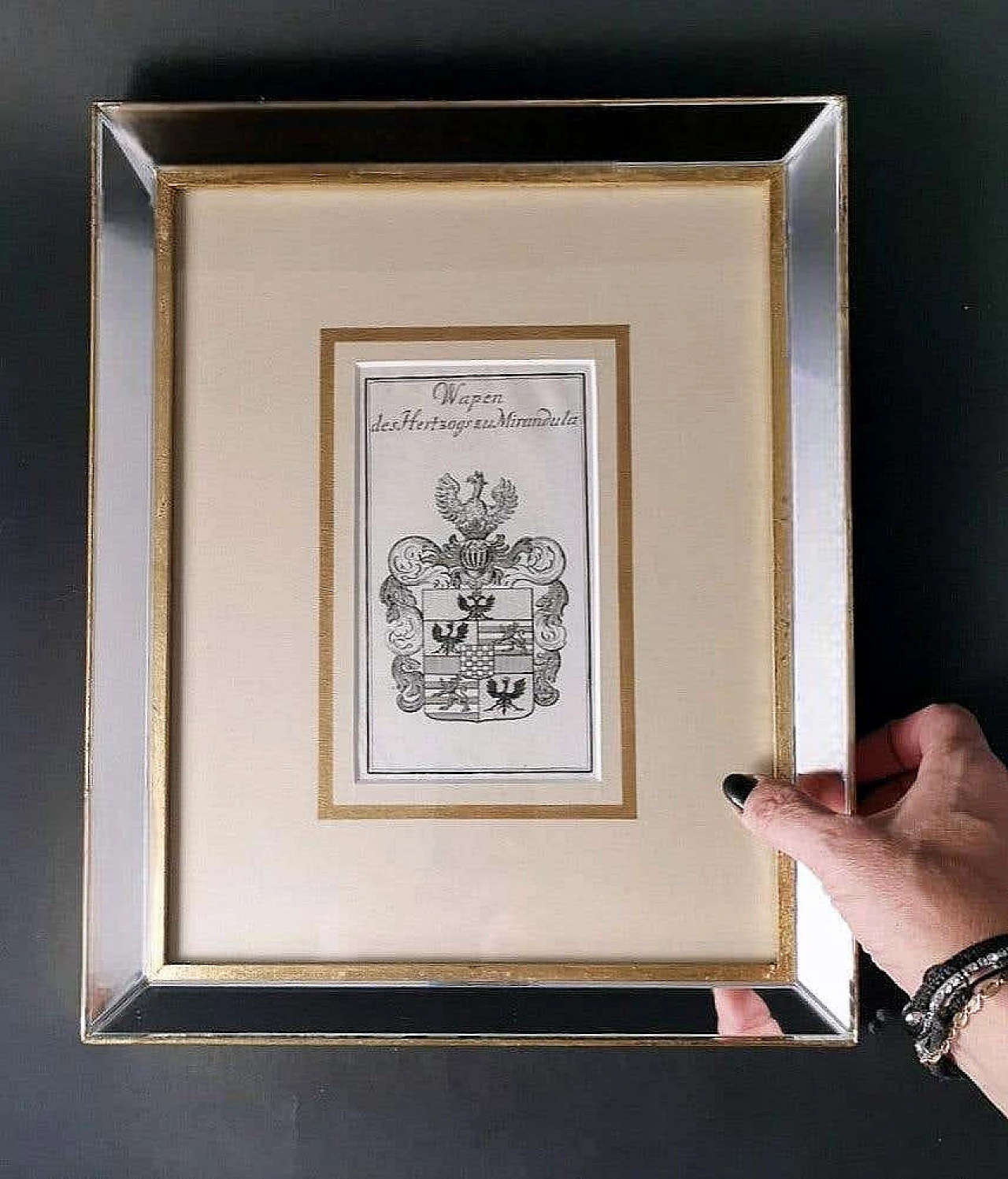
 SILVER Seller in Prato, Italy
SILVER Seller in Prato, Italy
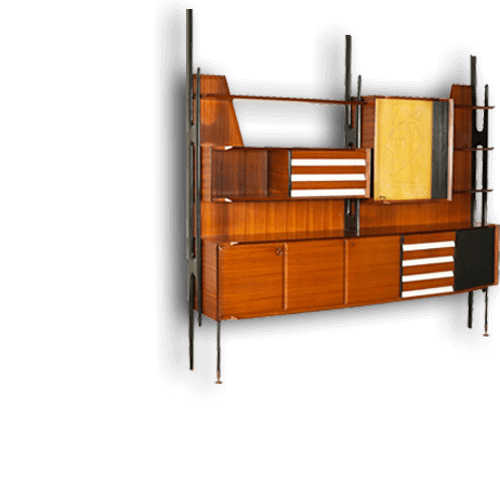
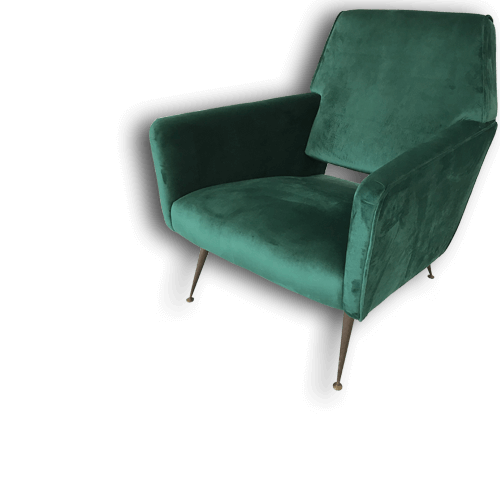



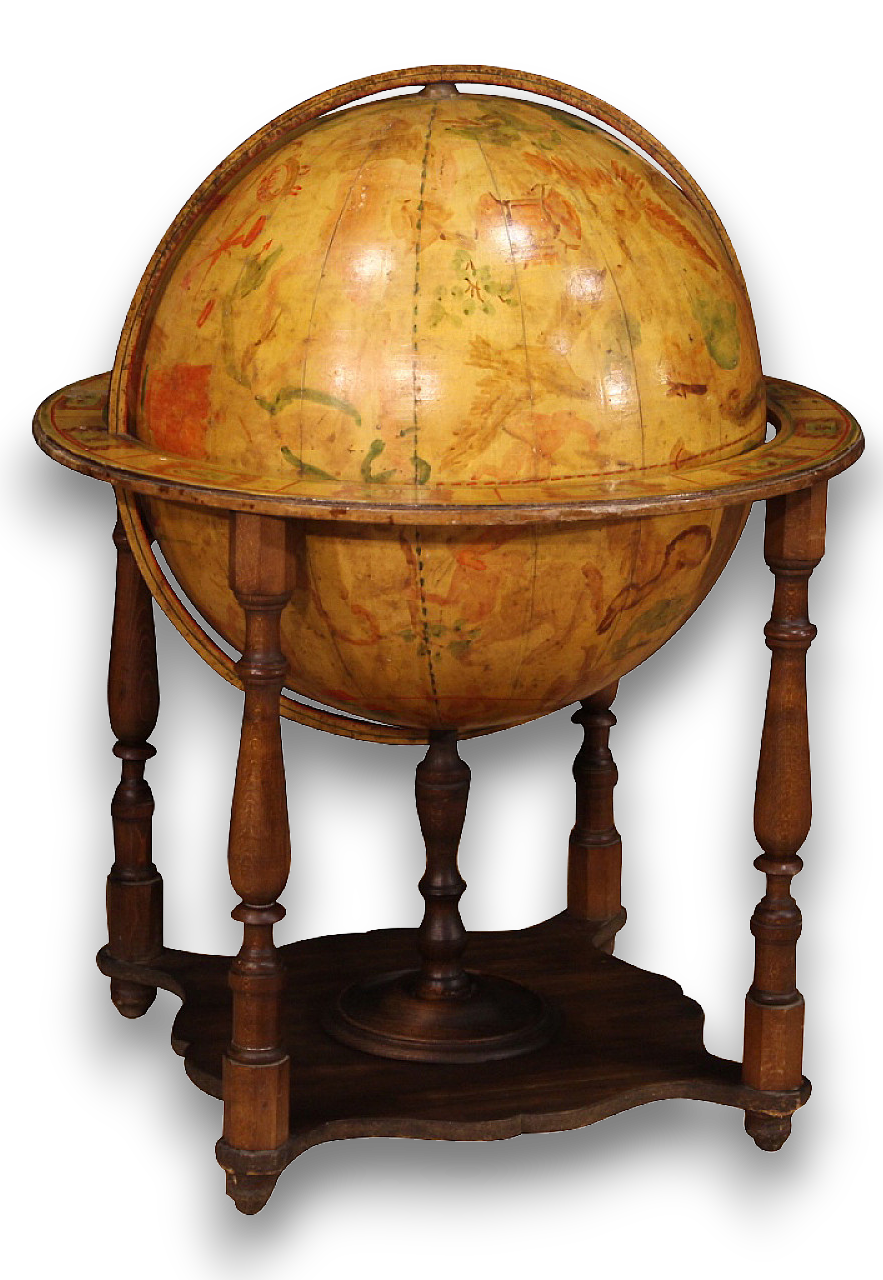
.png)

